
Lauren Flagg, DNP, APRN, CPNP-AC, discusses severe refractory status asthmaticus based on a session presented at the NAPNAP National Conference.

Lauren Flagg, DNP, APRN, CPNP-AC, discusses severe refractory status asthmaticus based on a session presented at the NAPNAP National Conference.
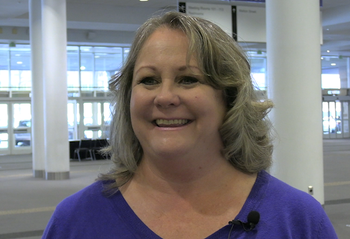
Chris Kyper, DNP, CPNP-AC/PC, breaks down characteristics of Heparin-induced thrombocytopenia, an uncommon adverse reaction to heparin.
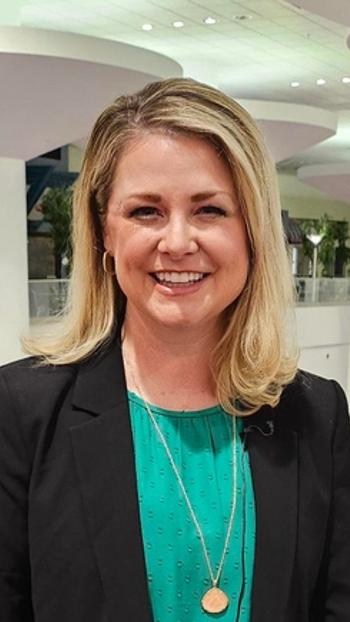
A discussion of human trafficking awareness and what primary care providers can do to spot red flags and implement evidence-based knowledge.

Sally Humphrey, DNP, APRN, CPNP-PC, discusses current technology to treat youth with diabetes. Humphrey highlights continuous glucose monitoring systems (CGMs) and how they have evolved and improved.
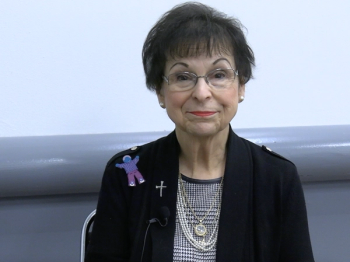
Mary Koslap-Petraco, DNP, PPCNP-BC, CPNP, FAANP, provided a review and reminder of the CDC immunization recommendations and schedule during her session at the 45th National Association of Pediatric Nurse Practitioners (NAPNAP) National Conference on Pediatric Health Care in Denver, Colorado.

Ashley Gyura, DNP, CPNP-PC, provides updates presented at the 2024 NAPNAP National Conference, highlighting antiviral therapeutics for influenza, COVID-19, and herpes, among others.
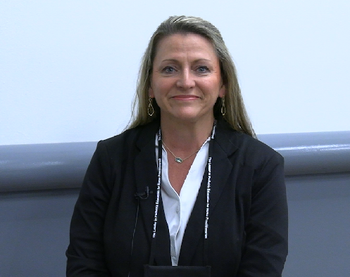
What genetic red flags are associated with congenital heart disease? Jennifer Joiner, MSN, CPNP-AC/PC, joined Contemporary Pediatrics at the 45th NAPNAP National Conference to discuss the answer.

A discussion regarding current substance use trends for youth in the United States.
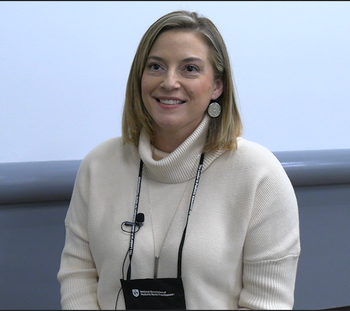
Traci Gonzales, MSN, APRN, CPNP-PC, explains her session presented at the 2024 NAPNAP National Conference, highlighting the ability to diagnose and manage uncommon causes of chronic respiratory symptoms.
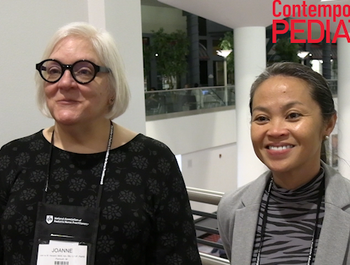
Psychopharmacologic agents used in the pediatric population from the perspective of their interactions with receptor targets in the brain and body.
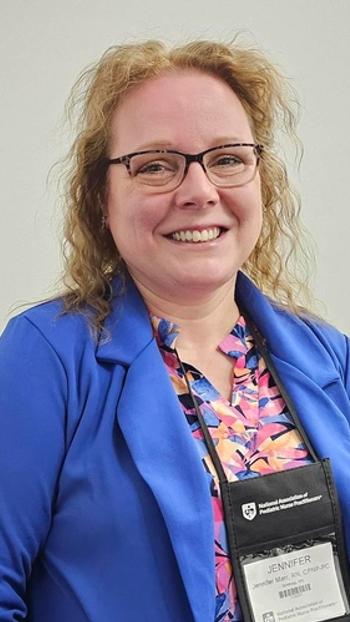
Access to mental health care for youth living in rural areas presents several challenges. Jennifer Marr, DNP, APRN, CNP, PNP-C, explains how a mobile mental health clinic could expand care.
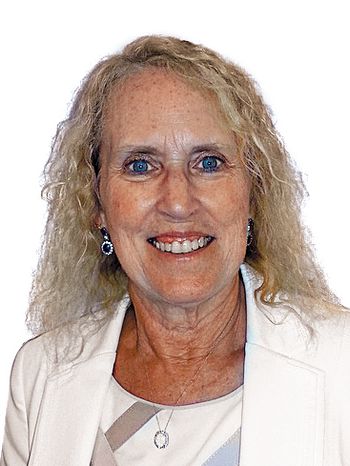
Donna Hallas, PhD, CPNP, PPCNP-BC, PMHS, FAANP, FAAN, believes behavioral health is currently at the forefront of pediatric health care and explains how simple questions can lead to better care for a child.

Scott Ceresnak, MD, explains ways AI technology could be useful when it comes to pediatric cardiology, though he states "big" research data is needed to generate pediatric specific algorithms.

How effective can wearable technology with features designed for adults be for children when it comes to arrhythmias? Scott Ceresnak, MD, helps provide the answer in this Contemporary Pediatrics interview.
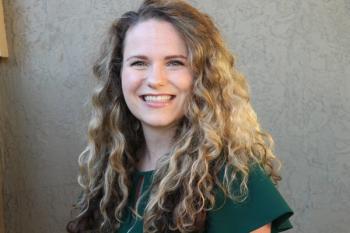
Samantha Olson, MPH, explains the important role of a strong recommendation for maternal influenza vaccination.

Deborah Persaud, MD, details results from her study that aimed to reduce HIV reservoirs in neonates with very early antiretroviral therapy.

Samantha Olson, MPH, breaks down a study highlighting the effectiveness of maternal influenza vaccination and its respective association with influenza-related hospitalizations in infants.

Deborah Persaud, MD, discusses the background and lead-up to her study examining very early ART in neonates born with HIV-1 and if this treatment could be a step towards ART-free treatment.
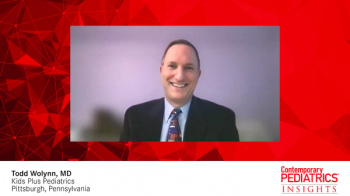
Todd Wolynn, MD, stresses the need for effective communication within the pediatric physician community to combat misinformation, particularly about influenza vaccination.

An expert pediatrician reviews vaccine coverage rates within the pediatric population, and addresses parents’ and guardians concerns when it comes to vaccinating children against influenza.

In this Contemporary Pediatrics interview, Ari Brown, MD, FAAP, details the benefits of goat milk-based infant formula, discusses FDA authorized Kabrita goat milk-based infant formula, and highlights misconceptions associated with goat milk-based formula.

In this Contemporary Pediatrics interview, Steven Selbst, MD, talks about how preventable unintentional firearm injuries in children can be, as he references an uptick in these cases in his emergency department.

Todd Wolynn, MD, continues the discussion on egg-based vs cell-based influenza vaccines in pediatric populations, commenting on the limitations and concerns with traditional egg-based formulations.

Todd Wolynn, MD, reviews influenza vaccination recommendations for pediatric populations, highlighting the egg-based and cell-based formulations.

An expert pediatrician discusses the complications that arise from pediatric influenza, such as pneumonia and exacerbation of chronic illness.

Todd Wolynn, MD, talks about the spread of influenza among children and their communities.

In the final installment of our RSV Roundtable video series, our panel breaks down the importance of discussing new immunizations with patients now, and how crucial they will be in future RSV seasons.

A discussion of the intense 2023 RSV season, approved treatment tools, and an outlook for 2024.

In the fourth installment of RSV Roundtable, our panel explains the challenges in protecting the senior population against RSV.
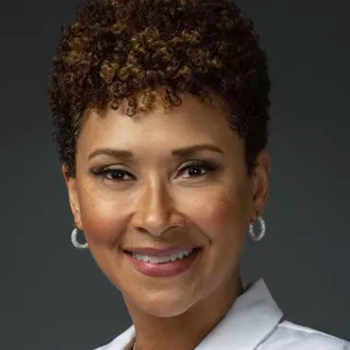
Candice Jones, MD, shares what she wants to continue into the new year when it comes to pediatric health care.